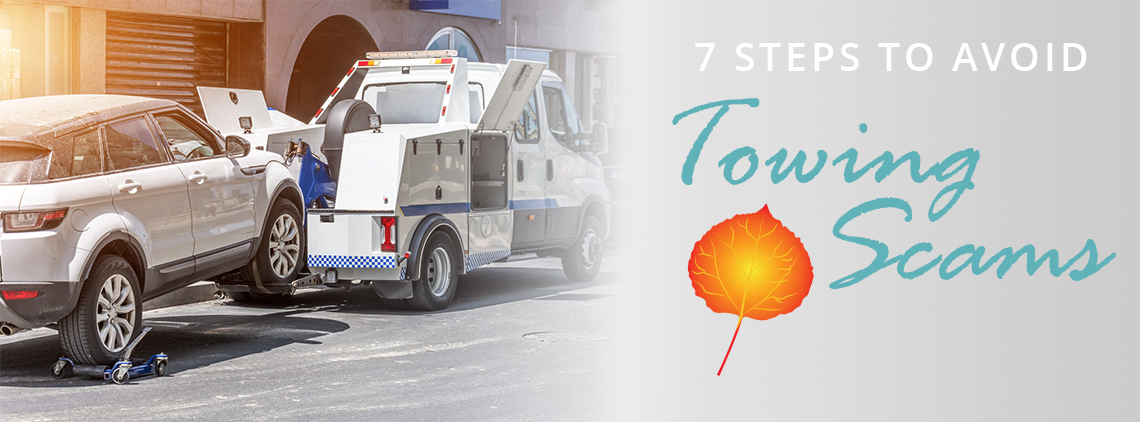
Don’t Let ‘Rogue’ Towing Companies Take Your Clients for a Ride
Imagine this scenario: Your client has been in a wreck and the car is significantly damaged. Within minutes, a tow truck appears and the operator has the car’s owner sign some papers and loads the vehicle on his truck, saying that it will be taken to a body shop for repair. That’s one problem taken care of, right?
In many cases, the answer is, “wrong!”
Your insured may be the victim of a rogue towing scheme where a tow truck operator, after monitoring police scans, shows up on the scene unauthorized, and in many cases, illegally. When the accident victim tries to track down the car, it’s being held hostage, billed exorbitant fees related to “administration,” “release,” or “transfer.”
This isn’t a new scam, but law enforcement agencies are seeing more and more instances of “rogue” towing companies taking advantage of vulnerable victims who are traumatized, distracted, or even worse, injured.
The Coalition Against Insurance Fraud offers several tips about how you can educate your insureds so that they can be informed and on guard:
- Think ahead: Join an emergency road service club or organization. Also know your auto insurer’s roadside assistance program, with the toll-free number printed on your insurance card. They’ll set you up with reputable towing firms and repair shops.
- Avoid lurkers. Never use a towing firm that just happens to show up at the scene. It might be a “bandit” who has been monitoring police scanners for accidents.
- Use your body shop. Never let the tow truck driver choose the shop.
- Approval forms. Sign only the approval form authorizing a tow to a designated body shop. Avoid signing other forms.
- Verify. Make sure the name and address on the form are the same as the signage on the tow truck.
- Use credit cards. Refuse to deal with a towing operator who requires cash payment only. Towing firms generally must allow credit-card payments.
- If you suspect you are the victim of a scam, contact the Texas Department of Licensing and Regulations: www.tdlr.texas.gov/complaints.